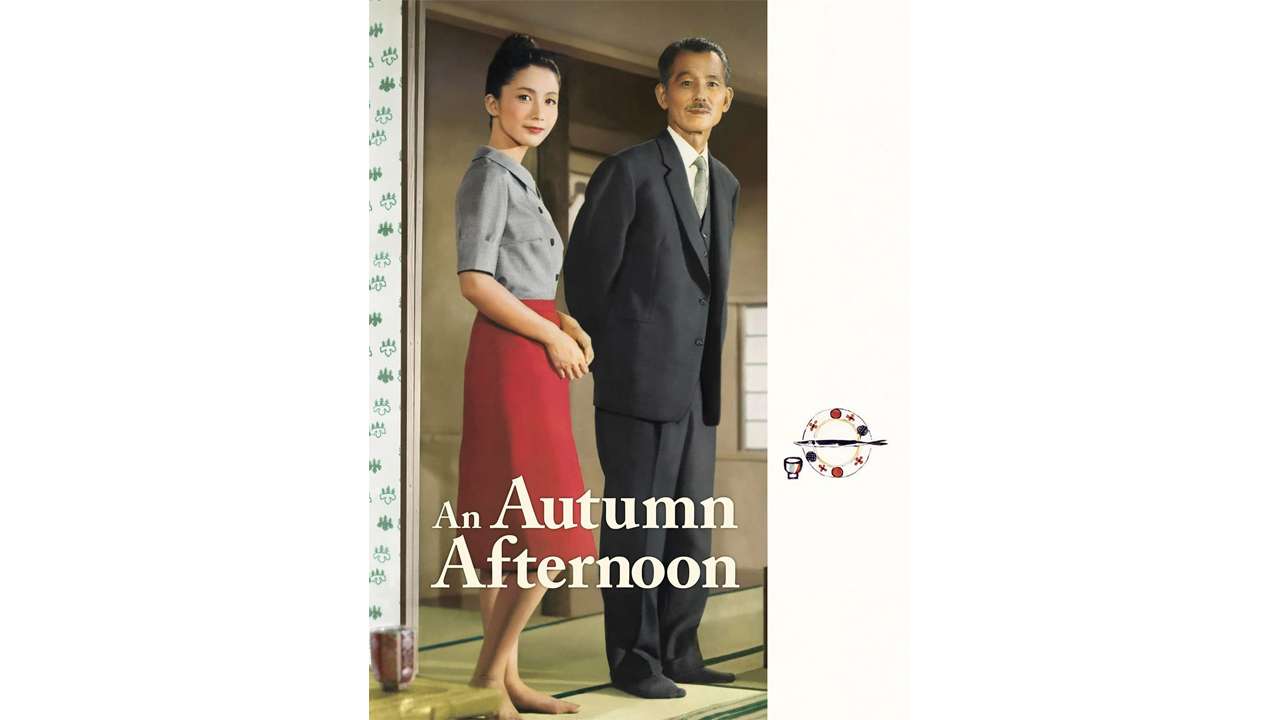
Yasujiro Ozu was a master of direction. He had an immense ability to hold attention and control the rhythm, which even seeped into his personal life, the rhythm. The Japanese director passed away on the exact same day he was born, 60 years later, on December 12, 1963. A long life in cinematic terms, albeit short in terms of existence. It would be logical for him to have reached 90 years old, following this analogy, but cancer is like that, quite a bastard. Moreover, it took him at the height of his career; as if in a romantic movie, his life ended when he was most in love with Cinema, and Cinema was in love with him: we won’t know what will happen to the passionate couple after “The End,” faded to black, but at least in Ozu’s case, we’ve been able to ascertain that Cinema hasn’t forgotten him, but rather has reached the peak of yearning for his presence.
Because his cinema is unique and inimitable, except by himself (in his own way, Kore-eda has tried it, as well as his apprentice Yôji Yamada in Tokyo Family), and perhaps that’s why it has weathered the test of time so well; despite the stillness of his images, always in stark contrast to what his characters experience: an intimate life revolution, a cultural change, an enduring teapot in a kitchen maintaining the same utility and purpose it was built for over the years, despite the changes and modernizations of its surroundings. An inclination toward time and seasons. The hung clothes and what lies behind them. The neighborhoods and bars, the houses and neighbors, the conversations without listeners, and the listeners who don’t hear.
An Autumn Afternoon (1962) was the last film directed by Ozu, a man who, for the sake of it, even took photos of himself in front of the mirror before other readers of this text. Well, I was saying that An Autumn Afternoon has remained in Cinema’s History as the final work of the magnificent Japanese filmmaker, and that already leaves you with a strange feeling. Someone defined melancholy as the joy of being sad (it wasn’t me), and An Autumn Afternoon is a bit like that, you’ve just seen it with the sensation that life is beautiful but sad, and that in turn reconciles you with yourself and also with life. Developed practically as a remake of his film Late Spring (1949), it narrates the vicissitudes of a family composed of a widowed father and a 24-year-old daughter who will begin to rethink their future in a changing society, but one that still struggles – weakly – to keep their roots away from the influence of Coca-Cola.
With these ingredients on the table, I don’t know if I’ll convince someone who is accustomed to only watching films from the 80s or 90s, or those who believe that Old Boy is the greatest film in history, or those who think that Quentin Tarantino and Martin Scorsese nowadays are the coolest directors in the world because their dialogues are cool, there’s blood, and they use a lot of curse words (without assessing what they want to convey with it), but if you belong to any of these negationist groups of the past, you’ll see how An Autumn Afternoon turns out to be, at the very least, interesting… and if not, take a picture in the mirror showing your face just after finishing the viewing of this masterpiece.
I watched, liked and rated An Autumn Afternoon on Thursday Jun 13, 2013

(Madrid, 1987) Novelist by vocation, SEO specialist by profession. Music lover, cinephile and reading lover, but in “amateur” mode.